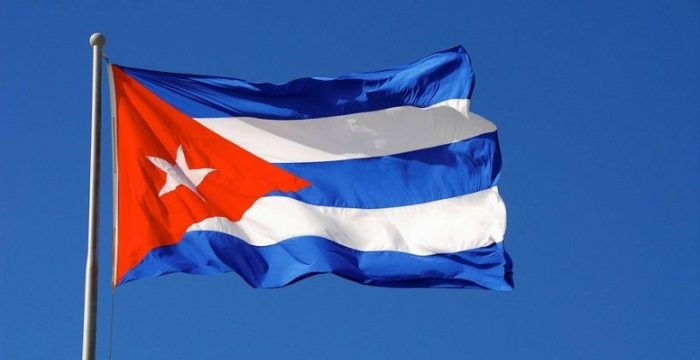Venezuela’s state oil company, PDVSA, has started using tankers that operate off radar to supply oil to Cuba, a crucial political ally, Reuters reports.
According to Reuters, this shift comes as delayed maintenance has reduced the number of operational state-owned vessels traditionally used for the route. Additionally, Mexico has emerged as a new oil supplier to Cuba, utilizing some of the same ships, leading Venezuela and Cuba to revise their shipping routes to ensure the island receives the necessary crude oil and fuel.
A significant portion of Venezuela and Cuba’s tanker fleets are under U.S. sanctions, limiting their operational capacity. As a result, these countries have turned to third-party vessels, often referred to as “dark fleet” vessels, which lack western insurance and use deceptive practices to obscure their movements. These vessels often spoof their location signals to appear elsewhere in the Caribbean while transferring oil to Cuba.
The dark fleet is a a continuously growing fleet of tankers, mainly older ships, including some that have not been inspected recently and which have substandard maintenance, unclear ownership and lack of insurance to circumvent sanctions.
This covert operation is aimed at boosting oil supplies to Cuba, which have decreased to 27,000 barrels per day (bpd) this year from 51,500 bpd in the same period in 2023. This aid is critical as Cuba faces increased electricity demand during the hot summer months, exacerbated by frequent blackouts due to limited imports and logistical challenges in domestic fuel distribution, Reuters explains.
Compounding the issue, Cuba has not fully recovered its oil storage capacity following a devastating fire at its largest oil terminal, Matanzas. Consequently, suppliers must transfer cargoes to other ships used for floating storage.
Additionally, Mexico’s state company Pemex resumed oil shipments to Cuba in May, using vessels also deployed for shipping Venezuelan oil. Meanwhile, as reported by Reuters, Cuban officials are working to maintain power plants ahead of the high-demand summer season to reduce the frequency of blackouts.





























































